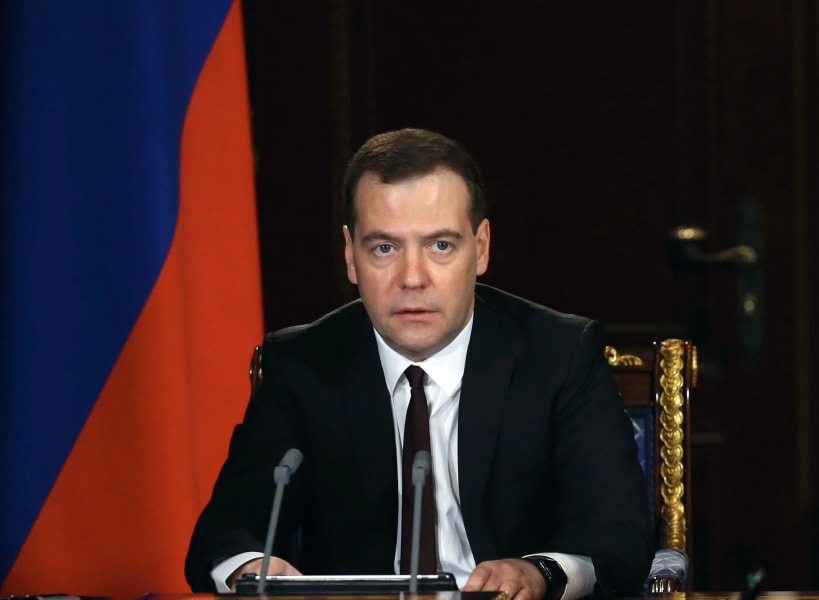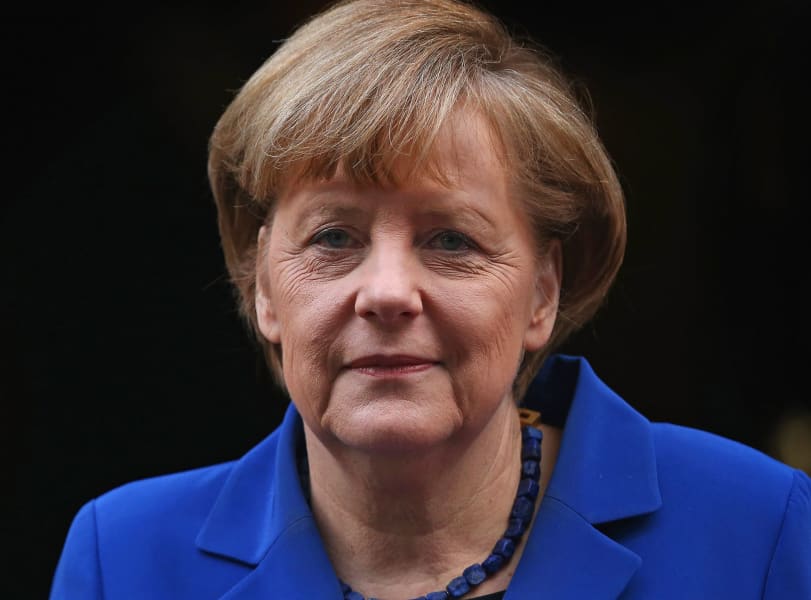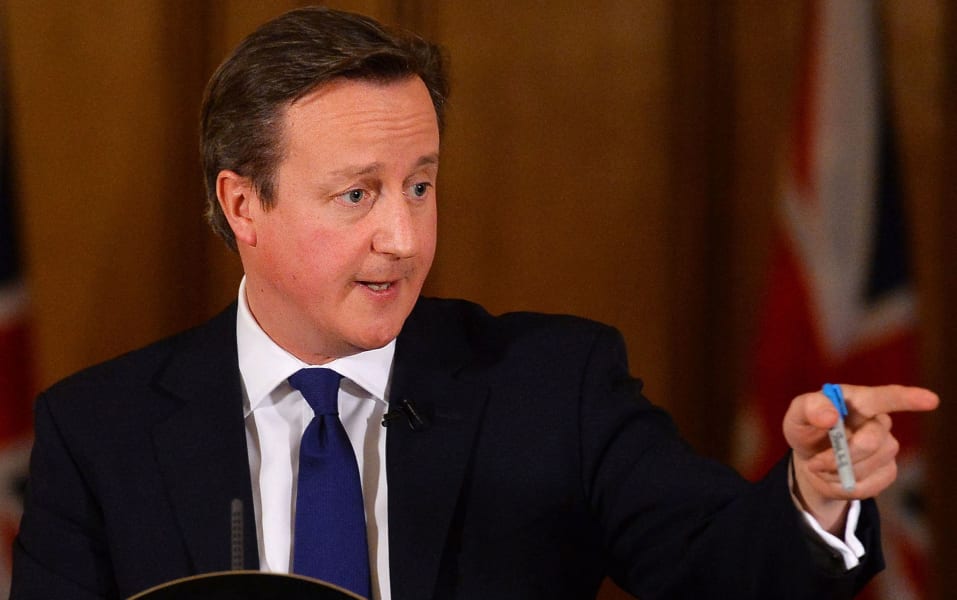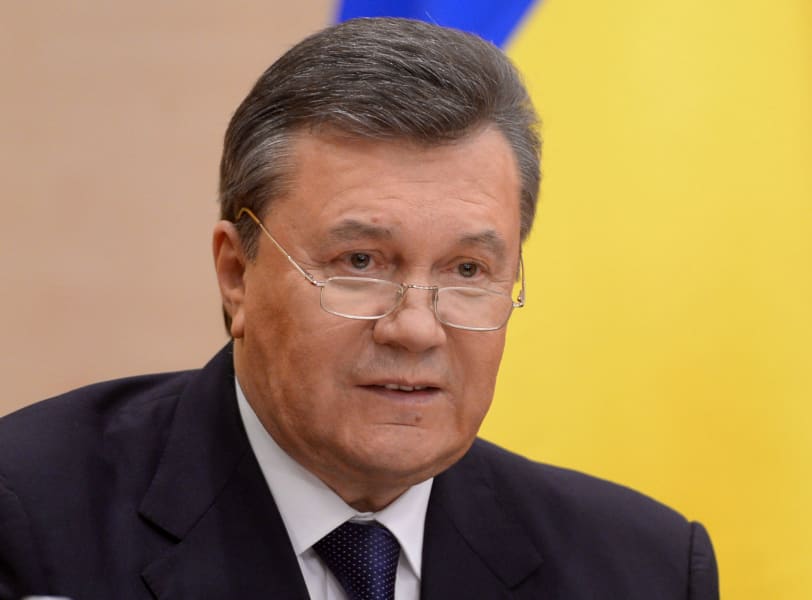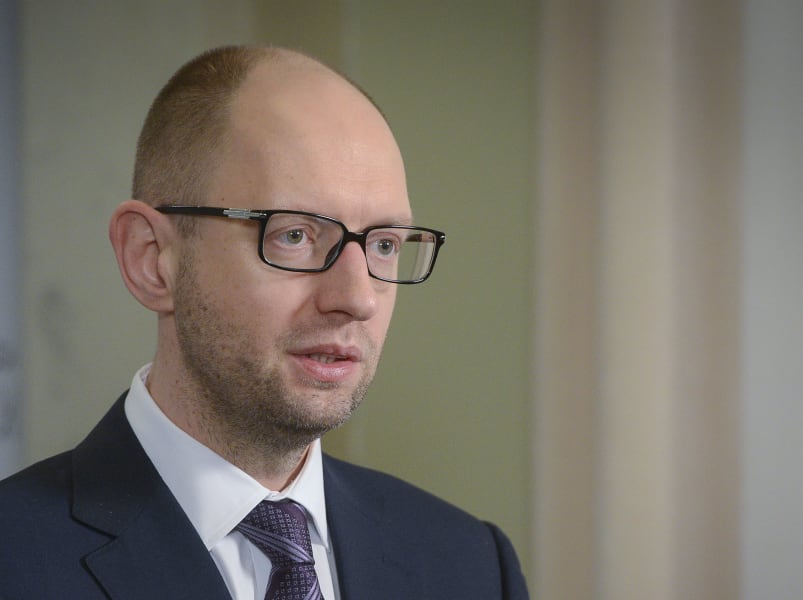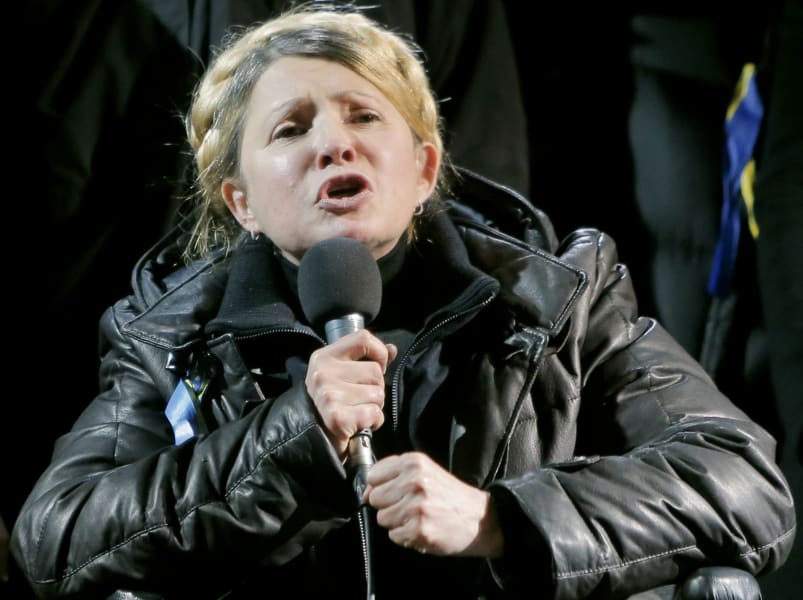Share
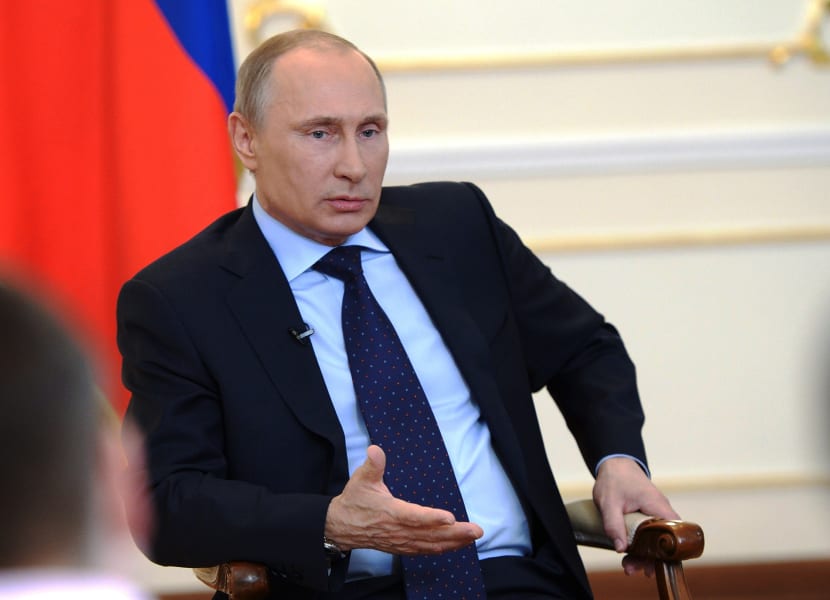

1 of 14
Russian President Vladimir Putin: Russian forces are in a tense standoff with Ukrainian forces in Crimea, an autonomous region of eastern Ukraine with strong loyalty to neighboring Russia. Putin has denied that Russian troops are in Crimea, but he told U.S. President Barack Obama that Russia's Parliament approved military action in Ukraine because it "reserves the right to defend its interests and the Russian-speaking people who live there." RIA Novosti/Alexei Nikolsky/Presidential Press Service/AP
Former Ukrainian President Viktor Yanukovych: Ukraine has been in chaos since February, when Yanukovych was ousted after anti-government protests turned deadly in the capital of Kiev. The demonstrations started in late November, when Yanukovych spurned a deal with the European Union, favoring closer ties with Russia instead. The Ukraine Parliament voted Yanukovych out of power on February 22, and he fled to Russia. But in a recent news conference, the former President insisted he was still the boss and that he wants nothing more than to lead his country to peace, harmony and prosperity. Valery Matytsin/ITAR-TASS/Landov
Ukrainian Prime Minister Arseniy Yatsenyuk: Ukraine's interim prime minister has urged Russia to pull back its military, warning that the two countries were "on the brink of disaster." The comments came as a convoy of Russian troops rolled toward Simferopol, the capital of Crimea, a day after they took over the strategic Black Sea peninsula without firing a shot. "There are no grounds for the use of force against civilians and Ukrainians, and for the entry of the Russian military contingent," Yatsenyuk said. "Russia never had any grounds and never will." Andrew Kravchenko/Pool/AP
U.S. President Barack Obama: Obama has said any violation of Ukraine's sovereignty and territorial integrity would be "deeply destabilizing," and he warned "the United States will stand with the international community in affirming that there will be costs for any military intervention in Ukraine."
Crimean Prime Minister Sergey Aksyonov: Aksyonov was installed as the prime minister of Crimea after armed men took over the Crimean Parliament building in late February. The pro-Russian leader asked Putin for help in maintaining peace on the Black Sea peninsula where Russia's fleet is based. Security forces "are unable to efficiently control the situation in the republic," he said in comments broadcast on Russian state channel Russia 24. Artur Shvarts/EPA/Landov
Russian Foreign Minister Sergei Lavrov: At a U.N. human rights meeting in Geneva, Switzerland, Lavrov brushed aside claims that Russia's troop movements were an act of aggression. "I repeat: This is a matter of defending our citizens and our compatriots, of defending the most important human right -- the right to life," he said. Vasily Maximova/AFP/Getty Image
U.N. Secretary-General Ban Ki-moon: Ban dispatched a special envoy to Ukraine on Sunday, March 2, a spokesman for his office said. The United Nations has warned Russia against military action, while Ban told Putin "dialogue must be the only tool in ending the crisis."
U.S. Secretary of State John Kerry: America's top diplomat has condemned what he called Russia's "incredible act of aggression."Speaking on the CBS program "Face The Nation," Kerry said several foreign powers are looking at economic sanctions against Russia if Russia does not withdraw its forces. Alex Wong/Getty Images
Ukrainian President Olexander Turchynov: Turchynov became acting president of Ukraine after Yanukovych's ouster. Like Prime Minister Arseniy Yatsenyuk, he has warned that any Russian military intervention would lead to war. Aleksandr Yalovoy/Kommersant Photo/Getty Images
Ukrainian opposition leader Vitali Klitschko: The former heavyweight boxing champion -- and brother of current champion Wladimir -- is probably the most well-known figure representing the Ukrainian opposition to Yanukovych. He heads the Ukrainian Democratic Alliance for Reforms party, but the opposition bloc goes well beyond Klitschko and that party. Louisa Gouliamaki/AFP/Getty Images
Former Ukrainian Prime Minister Yulia Tymoshenko: Tymoshenko, considered a hero of a 2004 revolution against Yanukovych, was released in late February after 2½ years behind bars. In an exclusive interview with CNN, Tymoshenko called on the world to help Ukraine: "If Ukraine is left on its own and is given to Russia, then the world will change. Not only politics and life in Ukraine will change -- the politics and life will change practically everywhere in the world." Efrem Lukatsky/AP
Russian Prime Minister Dmitry Medvedev: In a post on his official Facebook page, Medvedev called Yanukovych's ouster a "seizure of power." "Such a state of order will be extremely unstable," Medvedev said. "It will end with the new revolution. With new blood." Yekaterina Shtukina/AFP/Gety Images
German Chancellor Angela Merkel: Merkel's office said Putin had accepted a proposal to start a political dialogue and establish a "fact-finding mission" to Ukraine, possibly under the leadership of the Organization for Security and Co-operation in Europe. Dan Kitwood/Getty Images
British Prime Minister David Cameron: Cameron posted on his verified Twitter account that he and Obama were in agreement that "Russia's actions are unacceptable and there must be significant costs if they don't change course." Ben Stansall/PA/AP
